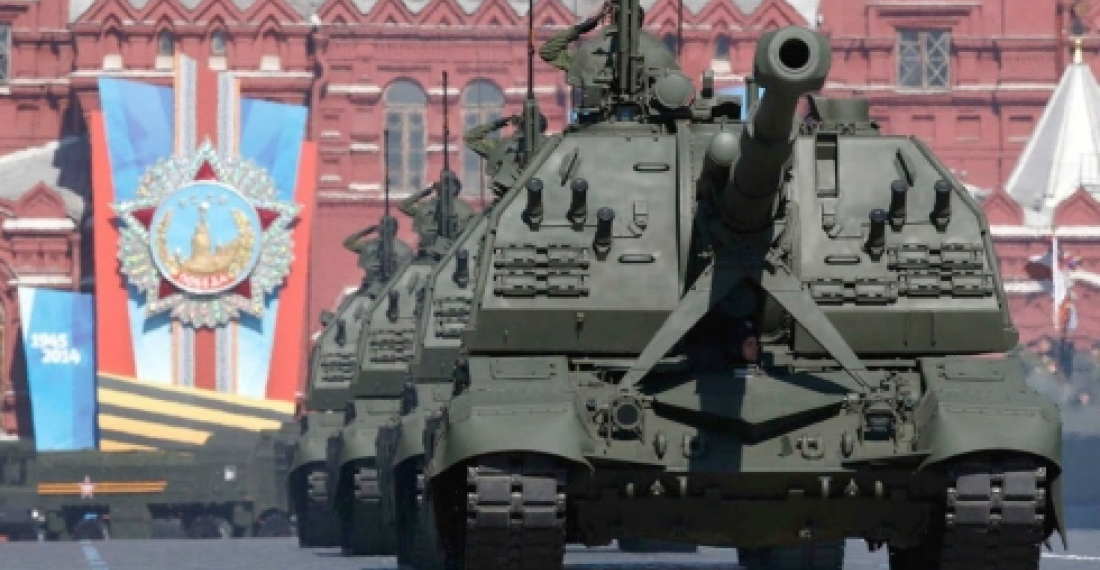Russia has marked the 70th anniversary of the end of World War II, known more commonly amongst Russians as the Great Patriotic War, with a huge military parade on Moscow's Red Square.
The BBC reported that thousands of troops marched in the parade and new armour was displayed for the first time.
Many foreign dignitaries were present, but most Western leaders stayed away because of Russia's role in Ukraine.
President Vladimir Putin said global co-operation had been put at risk in recent years. His Ukrainian counterpart accused him of justifying aggression.
In his speech before the start of the parade, President Putin paid tribute to the sacrifices of Soviet troops during World War Two. He also thanked "the people of Great Britain, France and the United States for their contribution to victory".
But he added: "In recent decades the basic principles of international co-operation have been ignored ever more frequently. We see how a military-bloc mentality is gaining momentum."
The remarks echo previous complaints by Mr Putin about what he says are efforts by the US and its Nato allies to encircle Russia militarily.
source: commonspace.eu with BBC World Service.







